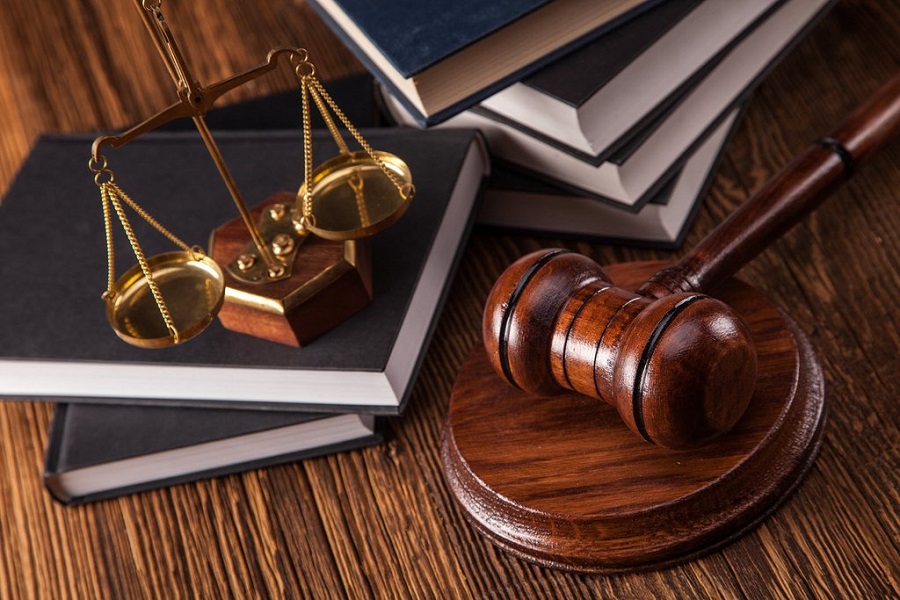ABSTRACT
With an increase in the use of social media, people are being very deliberate about their freedom of speech, which in turn gives rise to the problem of online Defamation. Online defamation is increasing daily, making many people insecure and uncomfortable about continuing to post on social media platforms. People now go out of the line while commenting or posting something about another person, which conflicts between Defamation and Free speech. This brings some significant changes in the law today.
KEYWORDS
Online defamation, free speech, social media, reputation.
INTRODUCTION
Every person has the right to have his reputation preserved inviolate. Attack or injury to the reputation of a person is called Defamation. In India both libel and slander defamation are actionable, defamation is an offense under Section 356 of BNS. When done on an online platform it is called Online Defamation. The evolution of social media has changed the ideology of people in many ways, through these platforms people have got add-ons to their free speech encouraging them to speak or post anything about another person. These actions bring new challenges to the law.
Balancing Free Speech and Defamation
With the Right to Speech given to the people, they are free to express their opinion on any topic but people sometimes go too far with this right. Defamation arises when someone states incorrect information against the reputation of another. Online platforms spread information very quickly which affects the reputation of a defamed person very badly. People usually claim that they are expressing their views or opinions but in reality, they are hurting people’s reputation with or without the proper knowledge of it. The main concern is to know when is the end of the right of speech and the beginning of defamation.
LEGAL PROVISIONS
Section 499, 500 of IPC
In India, defamation is both a civil and criminal offence. The remedy for civil defamation is covered under the Law of Torts. In a civil defamation case, a person who is defamed can move to either High Court or subordinate courts and seek damages in the form of monetary compensation from the accused. Also, under sections 499 and 500 of the IPC, a person guilty of criminal defamation can be sent to jail for two years. (1)
Section 356 of BNS
Whoever intends to hurt the reputation of another either by spoken or read or by any other visual representation is said to defame a person.
Section 469 of IPC
When someone creates fake electronic records or documents to defame someone then they are punished under this law.
LANDMARK JUDGEMENTS
Suhas Katti V. Tamil Nadu: This case serves as a precedent for many cases that include online defamation and harassment.
Swami Ramdev & Anr. V. Facebook Inc. & Ors.: In this case, the court ordered the social media platforms to keep a check on the action of defamation done on the platform and also consider the free speech of the users.
CONCLUSION
Online defamation can be very dangerous and affect an individual very severely so it’s the duty of all of us to correctly use the rights given to us by the Constitution. With anything happening online or offline, the matters have to be closely looked at by the law and it is a challenge and responsibility of the legal system to adapt to the ever-changing conditions in the society.
“PRIME LEGAL is a full-service law firm that has won a National Award and has more than 20 years of experience in an array of sectors and practice areas. Prime legal falls into the category of best law firm, best lawyer, best family lawyer, best divorce lawyer, best divorce law firm, best criminal lawyer, best criminal law firm, best consumer lawyer, best civil lawyer.”
WRITTEN BY: D.V. DEEKSHA.


